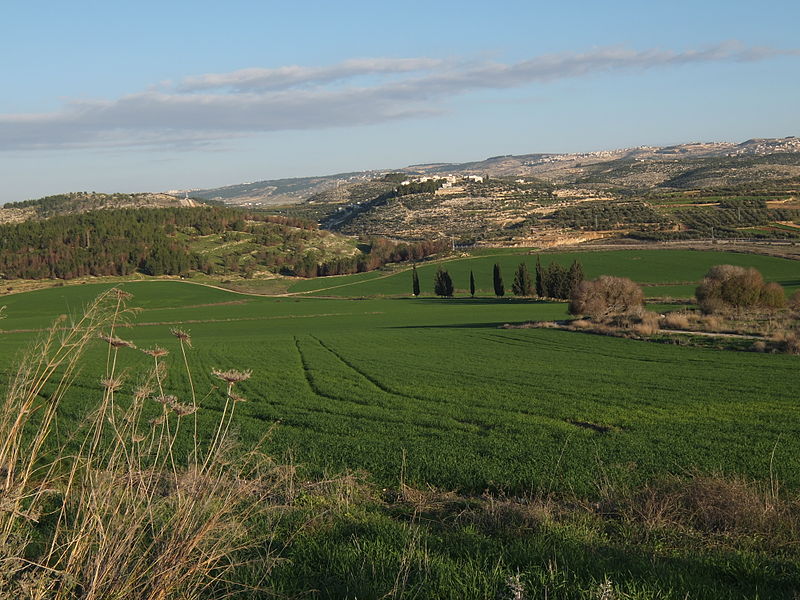Written by Gil Bar-Or
It has been over 3000 years since we were freed from the bondage of slavery in Egypt, but it appears that today we are still bound by another set of shackles. The culture of materialism that surrounds us in our day-to-day lives threatens our personal freedom and limits our ability to fully grow. In this week’s Torah portion, Behar-Bechukotai, we learn how Judaism approaches the issues of material ownership through the laws of the shmittah and Jubilee years.
Once every seven years, we are commanded by the Torah to observe the shmittah year by letting the land rest and taking a break from working the fields. During this year, “[the produce of] the Sabbath of the land shall be yours to eat for you… for your hired worker and resident who live with you… by your domestic animals and by the beasts that are in your land” (Leviticus 24:6-7). Few of us today are farmers in the Land of Israel who would be directly affected by the observance of shmittah, but its concept is just as applicable to our lives as college students.
Most of us find ourselves bound to an ever-growing list of responsibilities: getting good grades, landing internships, applying to graduate school. But just as farmers and landowners must temporarily stop their work and let the bounty of the land be enjoyed by all inhabitants, especially the downtrodden, so to must we find the time to take a break from our own pursuit of material success in order to assist those around us who are less fortunate. Instead of spending Spring Break studying for the LSAT or getting a head start on classes, we should go out of our way to distribute food to the homeless in our cities or go on an Alternative Spring Break trip to help rebuild communities far away from us. Setting aside this period helps put life in perspective and reminds us of the true marker of success: not our ability to attain material growth, but how we are able to repair the world and impact the lives of others.
After seven cycles of these seven-year periods, the Torah commands us to observe the Jubilee year, when all land property is returned to its original owner and all indentured servants are set free. Although we no longer observe most aspects of the Jubilee year in the absence of the Second Temple, the underlying concept behind it is just as important today. God reminds us that any land we “own” is not truly ours, as “the land shall not be sold permanently, for the land belongs to Me, for you are strangers and [temporary] residents with Me” (Leviticus 25:23). By making it impossible to permanently own a seemingly basic resource like land, the Torah sends us a clear message about the limits of material attachment. We should never place too much importance on buying a new car or getting the latest technology, as all materials are temporary in nature and will exhaust their life span at some point. Rather, we must reinvest our time in building positive relationships with those around us and helping the needy, for the bounty of these efforts outlives any material possession.
If we focus too much on material gain, we risk becoming enslaved to an endless pursuit of temporary success. Especially in college, when we are so preoccupied with getting ahead in our careers, it is important to periodically take a step back to better the world around us.
______________
This article is part of Ha’Am’s Friday Taste of Torah column. Each week, a different UCLA community member will contribute some words of Jewish wisdom in preparation for Shabbat.

